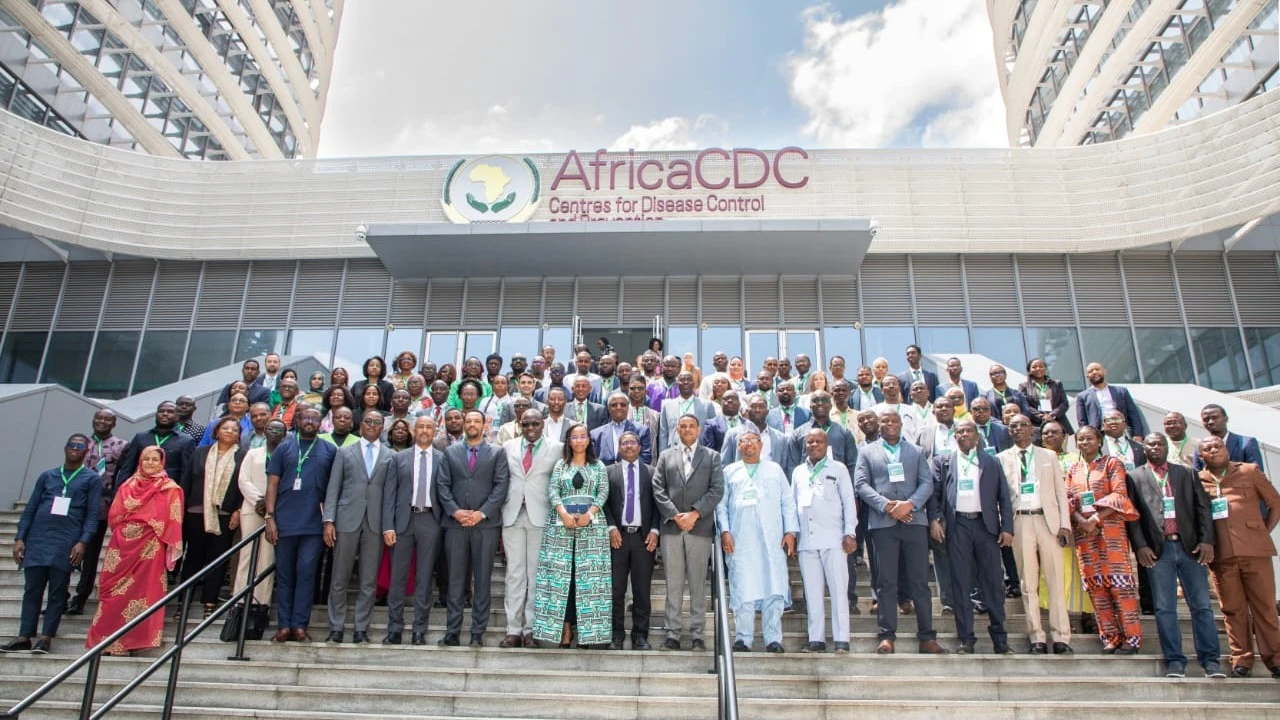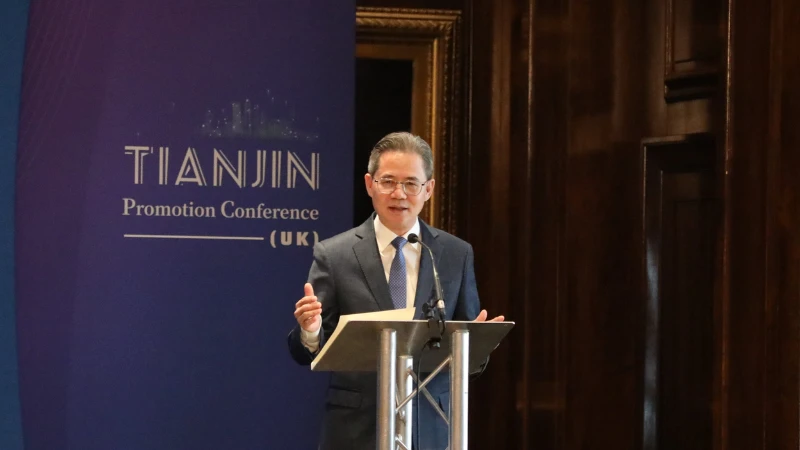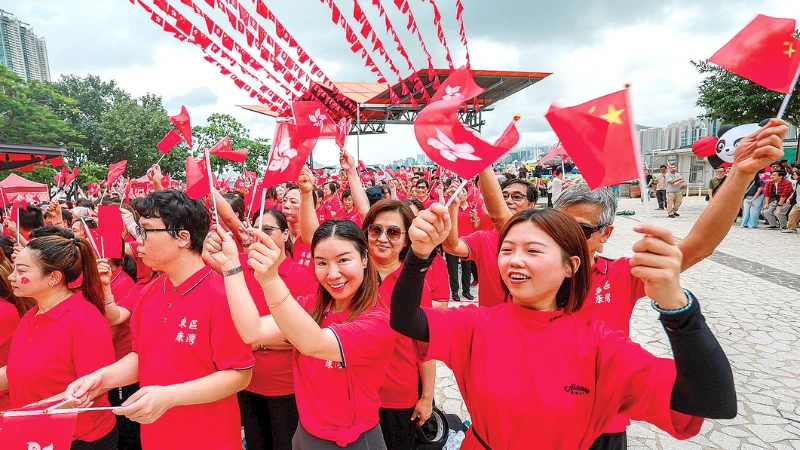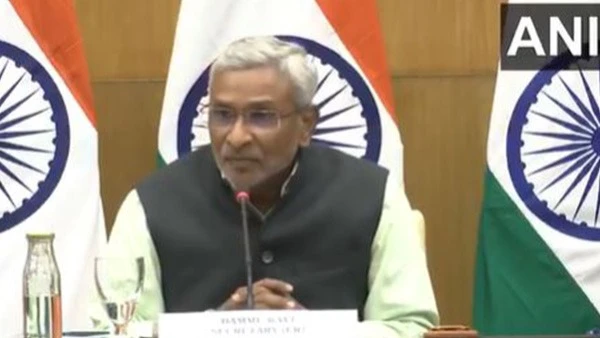Weakening the world with tariffs, before reforming it with US deals
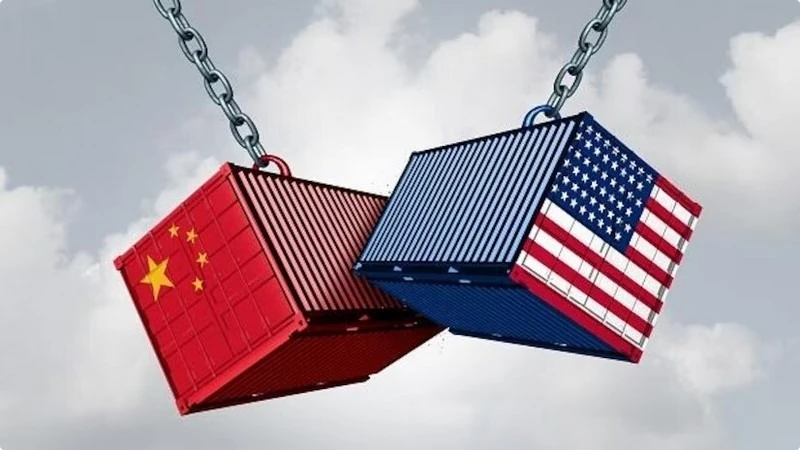
ACTIONS taken by the returning arch-conservative US President Donald Trump have left a mark around the world, though critics are divided on how profound, and indeed how important it is likely to be, strategically and for the future. Yet when reading articles by intensely foreboding economists, it would imply a bleak future for much of the rest of the world.
A spokesman for the Chinese Ministry of Foreign Affairs in mid-March was on record asserting that the ‘reciprocal tariffs’ policy was a denial of the right of development to the least developed countries, chiefly Africa.
A range of skeptical analysts would ask how that is the case, as presumably each country develops on the basis of its own factors of production, with foreign trade openings a vital addition to these internal capacities, not the mainstay of productive activity.
The tariffs have had a profound impact as many countries are unaware of this rule and take the post-World War II ‘General Agreement on Trade and Tariffs; where ‘most favoured nation’ status in trade ought to be extended without factual discrimination as a United Nations statute. Yet this underlying principle was never put to effect in a comprehensive manner, replaced by regional preferential systems.
What has taken place is that the United States has ditched its singular adherence to the system of universal preferential tariffs on the argument that the rest of the world was abusing the US. Countries set the tariffs they want on US goods – and any other goods from different countries – while expecting non-reciprocal tariff advantage when exporting to the US.
Worse, as using cheap labour in source countries and selling in the US market is lucrative, major US companies also sneaked out of that country to base their manufacturing activities chiefly in Asia.
It was thus surprising to see massive demonstrations in various capitals when an incoming US president moves to put into action precisely what he was elected for, that the US ought to obtain its fair share of advantage in trade.
Those exporting to the US ought to pay custom duties in like manner as what they charge on US goods, and those selling goods of third parties or of companies wholly owned by such third party would be subjected to higher tariffs as those are disguised exports of a source country, that is, of the capital to make those goods.
In a strict legal sense the shift in US trade policy was s shift in privileges extended to others, mot an erosion of rights as some assert, say as contempt for world trade rules. Relevant - mainly to the US?
The surprising dimension to this debate was the lack of comprehension of just why the US is the world’s leading economy, and what other countries need to do to offset the gap in their trade expectations. It was evident that one of the most affected countries was likely to be China, which faces not just reciprocal tariffs by the US but with the danger that other countries will do the same, though they lack solid self-conviction that they can turn inwards by slapping tariffs on imports with low risk of inflation or economic stagnation by outflows of capital.
Already plenty of capital that was strategically based in China and elsewhere with a view to using the US market is likely to seek a safer haven or rectify its vision to regional markets,
Another side of the matter is the manner in which the reciprocal tariffs policy is placing the United States in a unique position to reach deals with other countries, with the potential to transform the outlook of leading groups in those countries – encrusted in ruling party sentiments.
For instance sanctions by Western countries on Russia on account of its ‘special military operation’ in Ukraine have failed to dent their ability to work with Russia in its strategic objectives of weakening the West – Europe in particular. When the latter come under US tariffs, their option will slide.
A spectacular instance of the weakening of the military posturing and strategic view of specific countries is the decade long military encirclement of Taiwan, also known as the Republic of China, by Mainland naval units, incessantly conducting marine and aerial war games over their heads or at least near their coastal zones.
This sort of activity is in sharp diminution in the wake of the tariffs, as being on the right tempo or tenor in negotiations with the US becomes a necessity, whereas earlier the rulers in Beijing knew they had a natural right to the US market and dictated on Taiwan.
The group of countries facing the most intense soul searching remains Europe and North America, where Canada isn’t in the same mood as Mexico, as the latter is somewhat closer to its Caribbean and South American neighbours.
A lot of its industry and what it exports to the US is tied to Chinese companies, making it liable for explicitly high tariffs as the US would classify that as Chinese exports ‘mutatis mutandis,’ that is, susceptible to some leveraging consideration in comparison with goods from Mainland China. There is no united voice possible on the tariffs dispute.
What the world might learn in the future is that for a country to have an economy with similar potential as the United States (that is, taking into account geography and population) it needs to have its legal format in its economic activities.
There is neither productive activity, nor commercial or industrial activity where the state has a real or substantial presence, other than taking over a company – in like manner as the central bank does for failed banks – to rectify it and sell it to new operators. This facilitates equality of rights of local and foreign, not so long as he was born in the United States but being in that country legally; the rest of the world can’t do that.
Top Headlines
© 2025 IPPMEDIA.COM. ALL RIGHTS RESERVED











